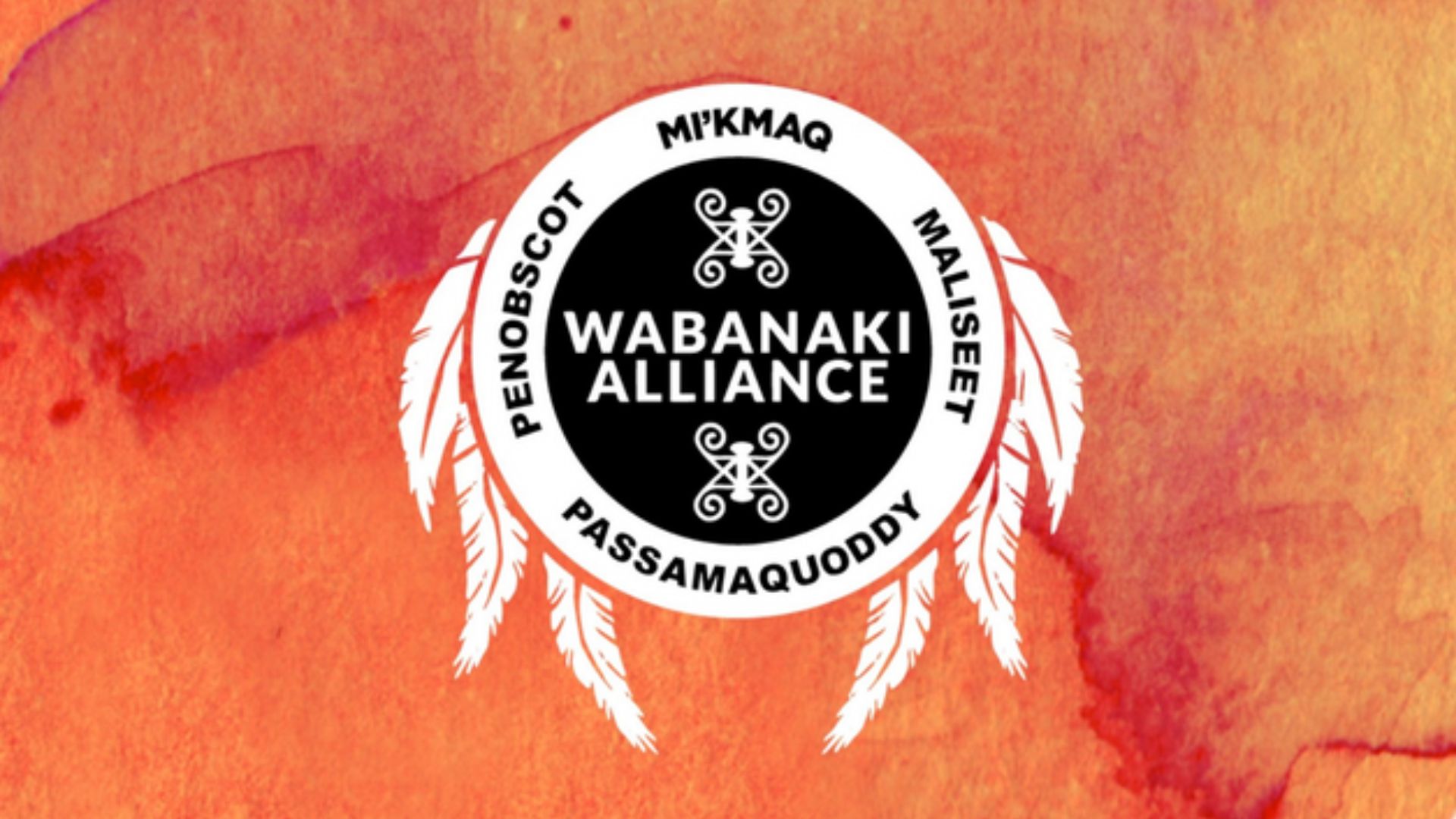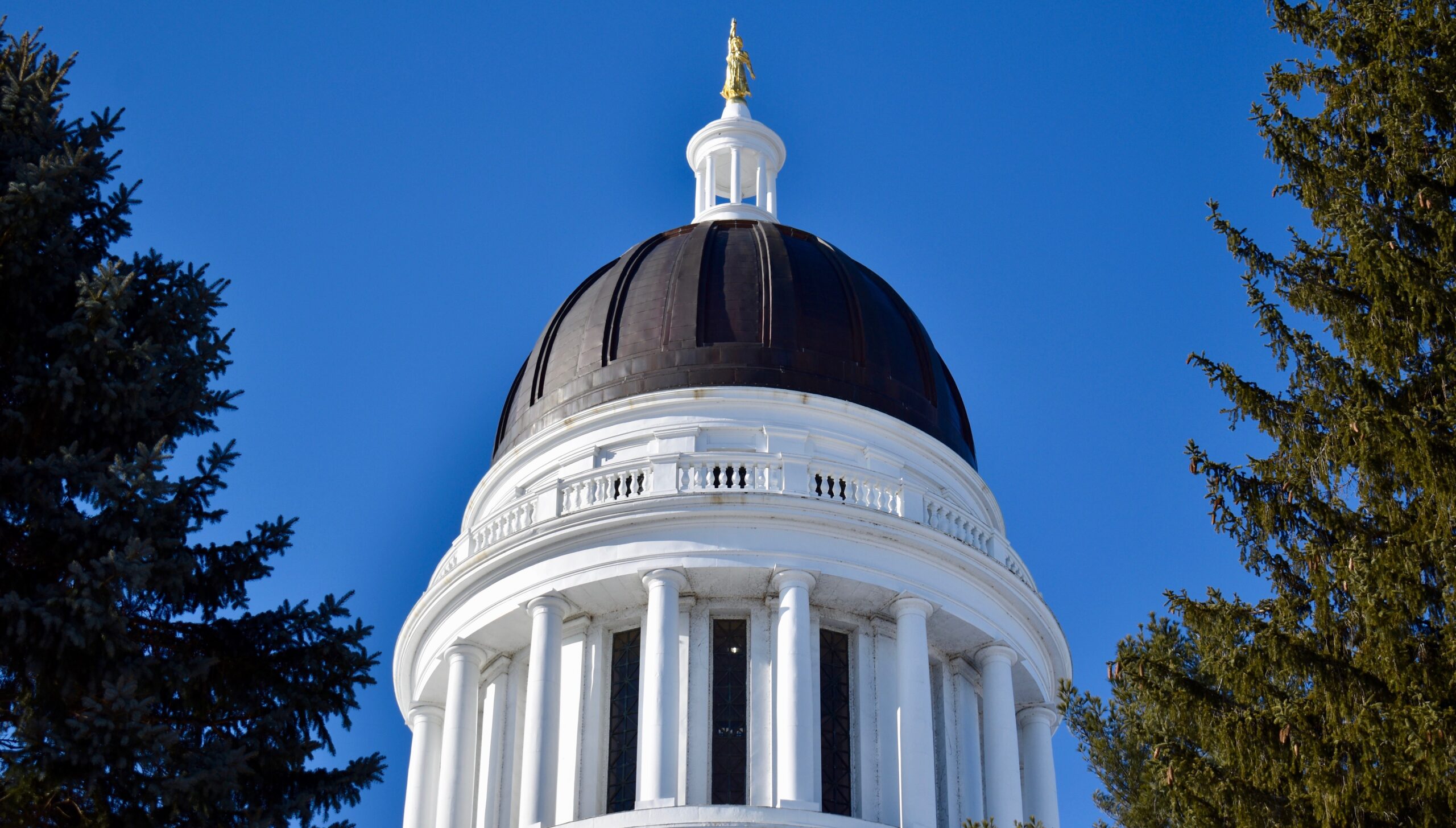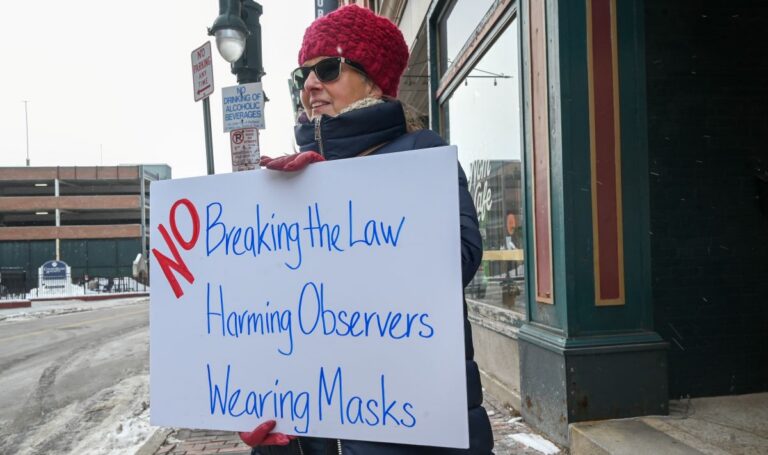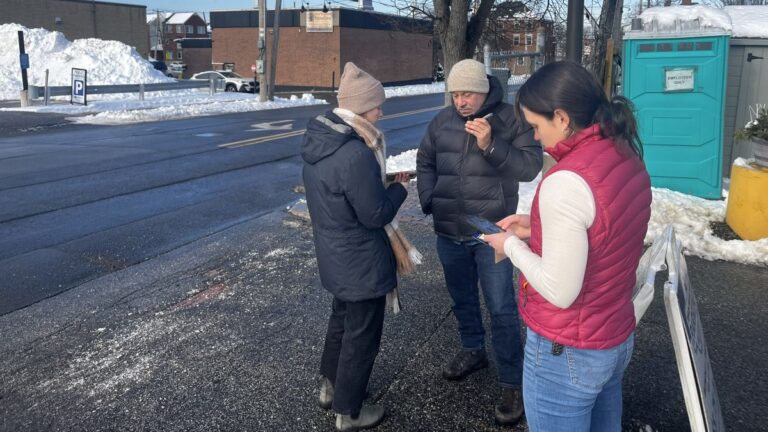A tribal sovereignty bill that was introduced in the legislature near the end of February may be pared down to those areas where agreement can be reached between the tribes and the state so that it doesn’t end up being vetoed at the end of the short legislative session scheduled to adjourn in April.
This is the third consecutive session that the legislature has considered a bill to restore sovereignty to the tribes in Maine.
During the February 26 hearing by the Judiciary Committee on the legislation, Corey Hinton, an attorney for the Passamaquoddy Tribe, said the tribe is neither for nor against the bill, realizing there is not enough time in the short session to reach agreement with the governor’s office on all of the bill’s provisions.
He hoped some of the tribe’s objectives could be enacted into law, but he said, “The tribe does not want to see legislation brought forward that’s only going to end in a veto.”
Hinton said that, while the tribes are building a stronger relationship with the state government, they need more than access to the online sports betting market, from which they now are receiving revenues, following enactment of a law two years ago.
While the four tribes have survived the pandemic they are “still reeling from the cost of the opioid epidemic and the human cost of the fentanyl problem.” They need opportunities for jobs and a brighter economic future, he said.
House Speaker Rachel Talbot Ross of Portland, the sponsor of the bill, noted that, while it is focused on the 22 recommendations in a report by a task force established by the legislature in 2019 to study changes to the Maine Indian Claims Settlement Act, she added it does not include tribal-state collaboration, tax or gaming matters. Those issues were partially addressed in the bill enacted in 2022 that gave the tribes exclusive access to the mobile sports betting market.
Talbot Ross observed that she did not expect all of the provisions to be enacted this year.
The legislation instead is focused on three areas: restoring the same amount of criminal jurisdiction enjoyed by other tribal nations; improving Wabanaki nations’ access to federal beneficial laws; and ensuring that the Penobscot Nation and Passamaquoddy Tribe can obtain the full amount of trust land guaranteed by the settlement act.
The House speaker noted that, while federal law recognizes tribal sovereignty, the tribes in Maine have been subject “to an unusual level of state control” under the 1980 settlement act and have been excluded from benefiting from many federal Indian laws enacted since then.
The inability of the tribes to self-govern has limited their growth and development. As examples, she pointed out that, unlike other tribes in the country, those in Maine have been unable to access federal disaster aid or employ healthcare professionals who are licensed in other states.
Penobscot Nation Chief Kirk Francis noted that negotiations have been occurring over the past few months to find common ground on a few of the task force’s recommendations. One area is the restoration of criminal jurisdiction.
“We need the ability to combat this drug epidemic at the local level,” he said, noting, “Every household in our community has been impacted by this epidemic.” Overdose deaths rates for Native Americans significantly exceed the national rates, “and our communities are specifically being targeted by drug cartels and dealers.”
In Maine, the Wabanaki nations are at a disadvantage in the battle with drug dealers because the federal and tribal governments lack meaningful criminal jurisdiction.
He felt an agreement with the attorney general’s (AG) office and the governor’s office would be reached soon on restoring criminal jurisdiction so that tribal courts and law enforcement can play a role in combatting the crimes involved with domestic violence, assault and drugs.
The tribes also have been working with the AG’s office and governor’s office so that the Penobscot Nation and Passamaquoddy Tribe can acquire the 300,000 acres of trust land guaranteed in the settlement act.
The designation of specific parcels of lands that the tribe could purchase would be removed, and a process would be established for the tribes to enter into agreements with local municipalities regarding taxation, law enforcement and government services before any lands within a municipality’s borders could become tribal trust land.
“The Penobscot Nation is not looking to combat our local rural neighbors; we are only looking for fairness and to work together in a government-to-government manner,” he said.
Chief Francis stated, “LD 2007 is not a bill about granting special rights to Maine’s Wabanaki nations. It is about restoring rights after time has shown that the restrictions in the 1980 settlement acts have been hampering the ability of tribal communities to become self-sufficient.”
Self-determination and self-governance would bring benefits to both tribal and non-tribal communities in the state, he said.
In his testimony, John Dieffenbacher-Krall, executive director of the Wabanaki Alliance, agreed, noting that implementing the task force’s 22 recommendations would benefit the state. “When tribal communities thrive, adjoining communities and regions thrive,” he wrote.
The Harvard Project on American Indian Economic Development projects that eliminating the restrictions of the settlement act would allow the state’s gross domestic product to grow by $330 million a year and the economic stimulus would create 2,743 jobs, including 2,287 non-Native jobs.
“Let’s replace state control with Wabanaki self-determination, suspicion with trust and poverty with prosperity,” he urged.
The executive director of the Maine Indian Tribal-State Commission, Jill Tompkins, pointed to some statistics for the tribes, including that the average age of death for Wabanaki people is 23 years younger than that for the U.S. population, as they have high rates of diabetes and cardiovascular disease, along with suffering from the effects of the addiction epidemic.

The number of Wabanaki people living below the poverty line is over 50% at Indian Township, 43.8% at Pleasant Point and 33% at Indian Island, while the poverty level of Maine’s overall population is 10.8%. “Why would you continue to deprive some of your poorest constituents of the means to improve their lives and those around them?” she asked.
The governor’s office, though, continues to raise objections to portions of the legislation. Gerald Reid, chief legal counsel for the governor, wrote that the bill would allow the tribes to establish trust land within towns and cities over municipal objections; create new jurisdictional areas where most state laws would no longer apply to the tribes; and would limit the state’s ability to regulate hunting and fishing by tribal members in the state.
Tribal sovereignty has garnered wide support in Maine, though, with over 100 co-sponsors of the bill and more than 600 people providing written testimony in support. However, not all tribal members favor the measure.
Lisa Montgomery, a former Penobscot Nation tribal councillor, argued that providing sovereign immunity to tribal leaders would be “convenient for those responsible for fraud, waste and abuse of tribal resources.” She said, “Mainers should fear tribal sovereignty. They should fear tribal leaders ruling rogue, authoritarian governments who laterally oppress their own people.”
And David Slagger, a former state representative for the Houlton Band of Maliseets, said some tribal members are “afraid if they speak they can get blackballed by the tribal government” if they disagree with the tribal government’s position.
“Oftentimes we don’t have a voice, because we’re the little people,” he said, adding, “We all have to be accountable for our actions and our checkbooks.”
Representatives from the town of Carrabassett Valley were concerned about land in the town owned by the Penobscot Nation being placed into federal trust. Selectman Lloyd Cutler noted that approximately 400 homes are within those lands and they would lose town zoning protection if the land is placed into trust, he said.
Also, the bill would repeal the current provision requiring municipal approval in order for land to be placed into trust, although agreements between a town and a tribe for the payment of taxes, law enforcement and land use ordinances would have to be negotiated in advance of a transfer of property into tribal trust.
Municipal leaders, however, believe other considerations should also be agreed upon.
Others argued the tribes should not be exempt from the state’s environmental laws, arguing that, because of the patchwork nature of tribally-owned lands throughout portions of the state, it would lead to confusion about which standards apply where.
The Maine Municipal Association urged that the legislation “should recognize the dual and potentially conflicting regulatory compliance requirements that may be placed on communities.”
However, Sean Mahoney of the Conservation Law Foundation maintained the state “has dealt for years with other jurisdictions that have other standards,” pointing to waterways that are shared with New Hampshire and Canada.
The committee will soon hold a work session on the bill.







